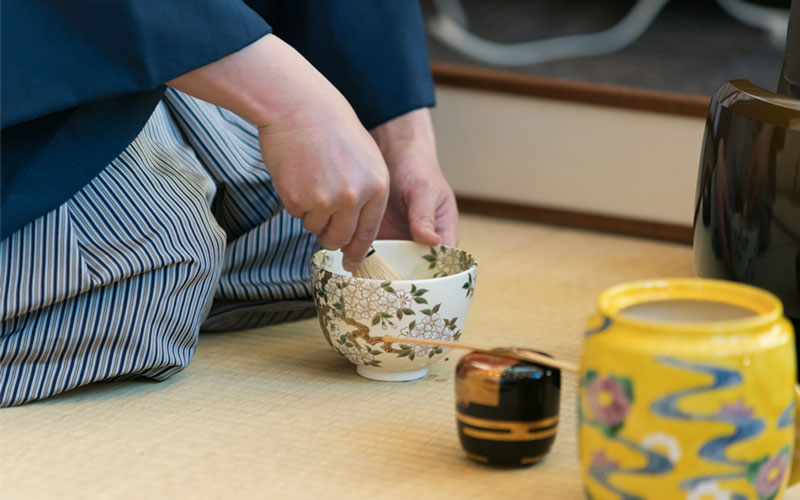Speakers | Teaching Japanese Tea Academic Symposium
Session 1
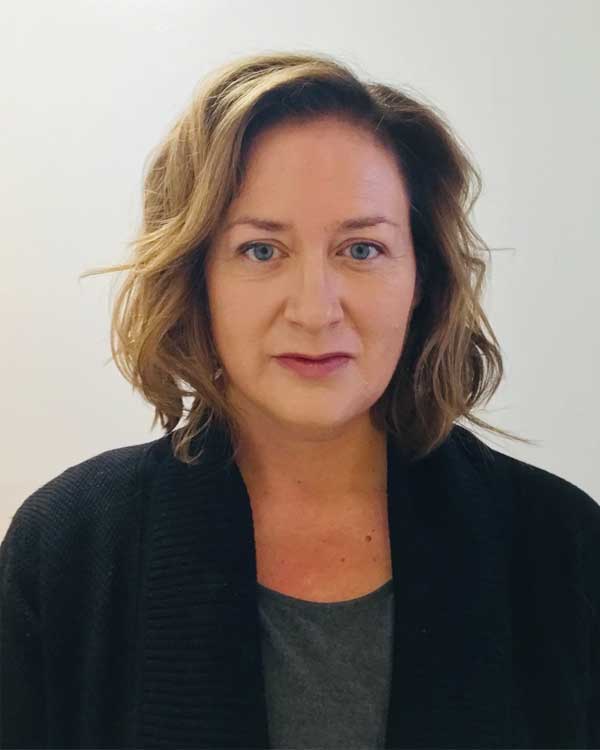
Meghen Jones
Meghen Jones is Associate Professor of Art History at the New York State College of Ceramics, Alfred University. Her research centers on modern Japanese art, design, and global flows of ceramics. She curated the 2021-22 Alfred Ceramic Art Museum exhibition Path of the Teabowl, accompanied by an online conference and a forthcoming multi-author book. Recent publications include Ceramics and Modernity in Japan, co-edited with Louise Allison Cort. She teaches courses on East Asian material culture, Japanese art, and several ceramics history courses.
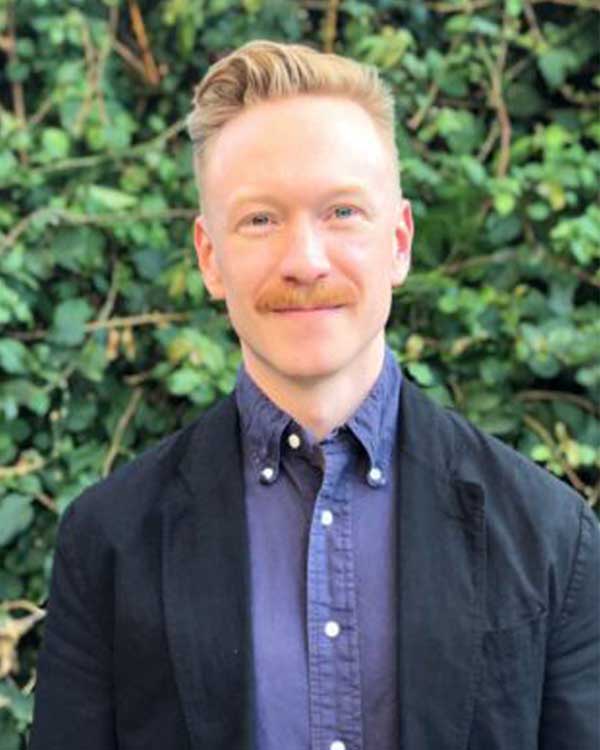
Kristopher Kersey
Kristopher Kersey is assistant professor of art history at UCLA. His research focuses on the histories of Japanese art, literature, and aesthetics. His work spans the premodern and modern, including both secular and Buddhist materials, theory, historiography, European encounters, death and manuscript culture, and archival anxieties of the Anthropocene. His forthcoming book Facing Images: Medieval Japanese Art and the Problem of Modernity (2024) critiques global modernity by focusing on issues such as montage, interface theory, physiology, and semiotics in the secular and Buddhist manuscripts of twelfth-century Japan.
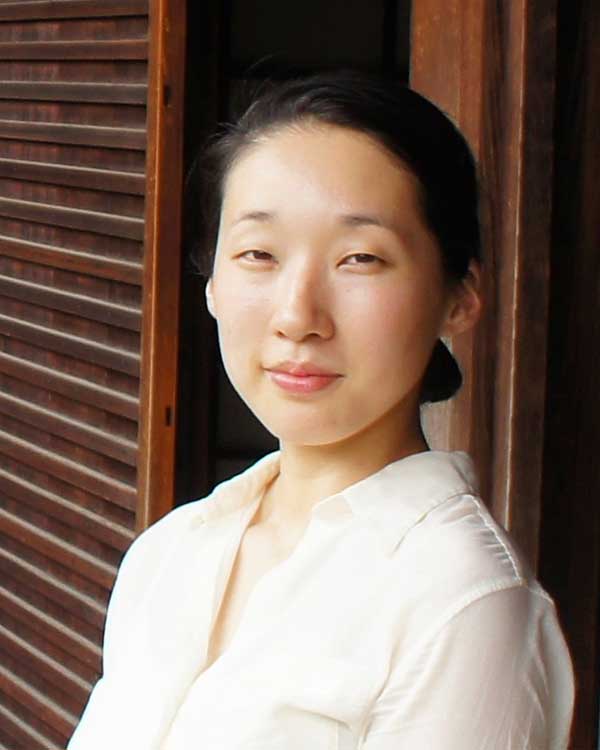
Sol Jung
Sol Jung is the inaugural Shirley Z. Johnson Assistant Curator of Japanese Art at the National Museum of Asian Art, Smithsonian Institution, where she stewards the museum's collection of pre-modern, modern and contemporary Japanese ceramics, lacquerware, metalwork, and tea utensils, which together number over 3,000 works. She has examined the sixteenth-century reception of Korean tea bowls, called kōrai chawan in Japan, through analysis of period tea documents, literary texts, and archaeological data from maritime settlement sites across the Japanese archipelago.
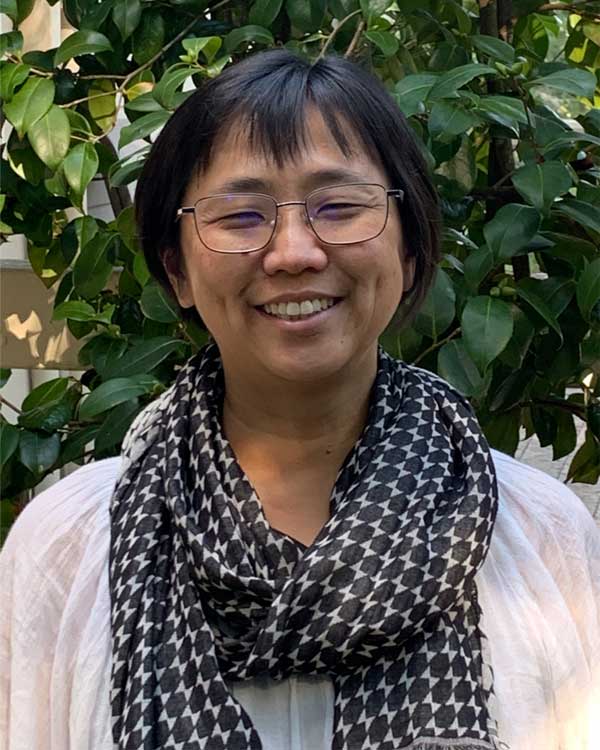
Akiko Walley
Akiko Walley is the Maude I. Kerns Associate Professor of Japanese Art in the Department of the History of Art and Architecture, University of Oregon. She has published on Japanese Buddhist art of the seventh and eighth centuries, early-Modern calligraphy collection practices, and strategies to decolonize Japanese art history surveys. Walley has broad teaching interests, spanning from prehistoric to contemporary periods. In the spring of 2024, she is offering a seminar on the Art of Tea in Japan.
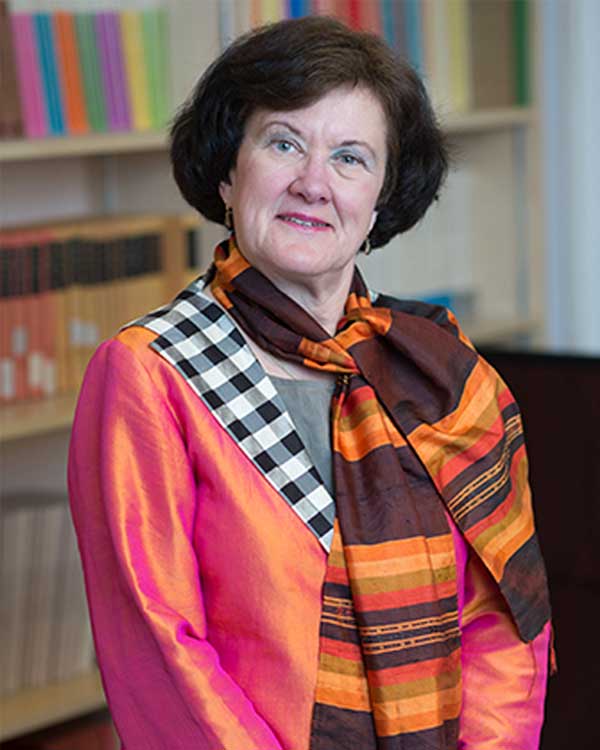
Millie Creighton
Millie Creighton is an anthropologist, Japan specialist, and Asianist in the Department of Anthropology at the University of British Columbia, where she was one of the founders of the Centre for Japanese Research. She has done extensive research in Japan on department stores, consumerism, tourism, popular culture, gender, minorities and marginalization, work, leisure, identity and Chanoyu (the Way of Tea). She created the first university credit course in Canada on the Japanese Tea Ceremony. She has served for many years as Vice-President of the Vancouver area Chanoyu Association.
Session 2
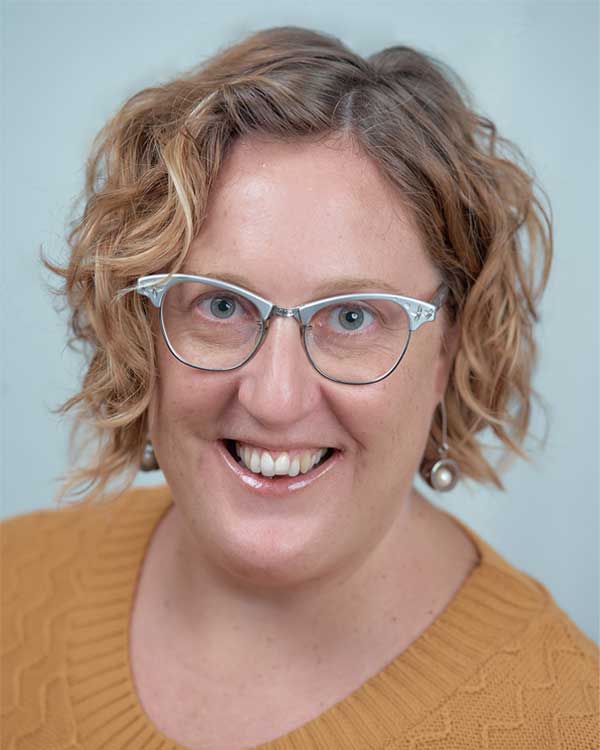
Rebecca Corbett
Rebecca Corbett is Associate University Librarian and Senior Lecturer in History at the University of Southern California. Her book Cultivating Femininity: Women and Tea Culture in Edo and Meiji Japan (University of Hawai'i Press, 2018) analyzes privately circulated and commercially published texts to show how chanoyu tea practice for women was understood, articulated, and promoted from the eighteenth through early twentieth centuries. She is currently researching early Western involvement in chanoyu tea practice during the Meiji period (1868-1912).
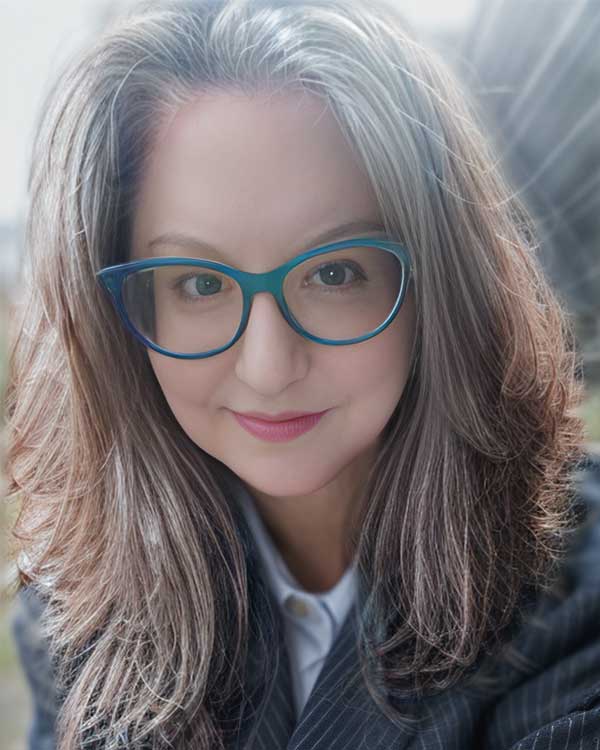
Melinda Landeck
Melinda "Mindy" Landeck is associate professor of East Asian Studies at Austin College, a private liberal arts college in Texas. Her research engages the historical practice of tea by Japan's warrior elites and early modern aesthetics discourse. She has a long history of adapting tea culture and Japanese aesthetics into curricula targeted at secondary educators. She is currently at work on an edited volume on Japanese aesthetics.
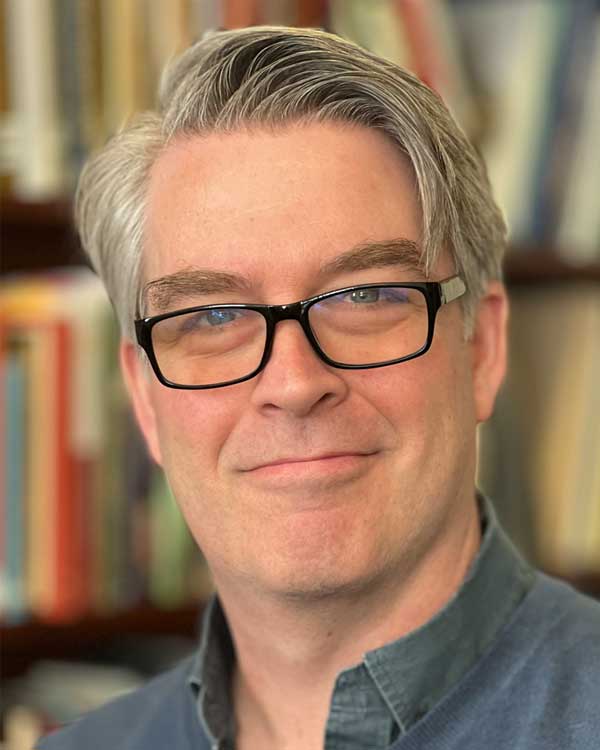
Morgan Pitelka
Morgan Pitelka is Bernard L. Herman Distinguished Professor at the University of North Carolina-Chapel Hill, with joint positions in the Department of Asian and Middle Eastern Studies and the Department of History. His most recent publication is Reading Medieval Ruins: Urban Life and Destruction in Sixteenth-Century Japan (2022). His scholarship focuses on the history of late medieval and early modern Japan, with an emphasis on material culture, environmental history, and urban history. His new project is an environmental history of 17th-century Kyoto.

Eric Rath
Eric C. Rath is a professor of history at the University of Kansas where he teaches courses on food history and premodern Japan. A specialist in traditional Japanese foodways, his books include Food and Fantasy in Early Modern Japan (2010), Japan's Cuisines: Food, Place and Identity (2016), and Oishii: The History of Sushi (2021). He is a member of the editorial collective of Gastronomica: The Journal for Food Studies, and he is currently completing a book on the history of sake.
Session 3
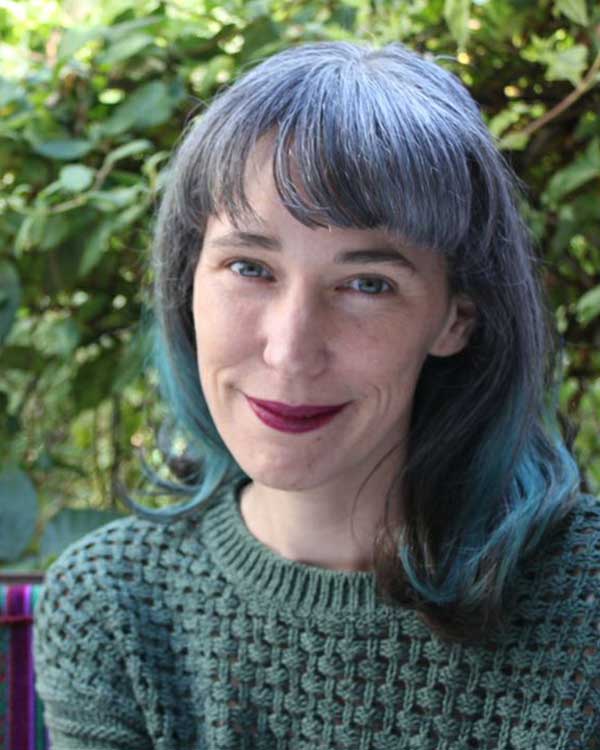
Michelle Liu Carriger
Michelle Liu Carriger is an Associate Professor in Theater & Performance Studies at UCLA. Her current research project involves transferring more than twenty years of tea practice into her second monograph using performance studies paradigms to understand chanoyu as embodied knowledge and culture. Her first book, Theatricality of the Closet, examined clothing controversies in 19th century Britain and Japan. She holds a PhD from Brown University, an MA from University of Colorado, Boulder, and her writing has been awarded the Gerald Kahan and ATHE Outstanding Article prizes.
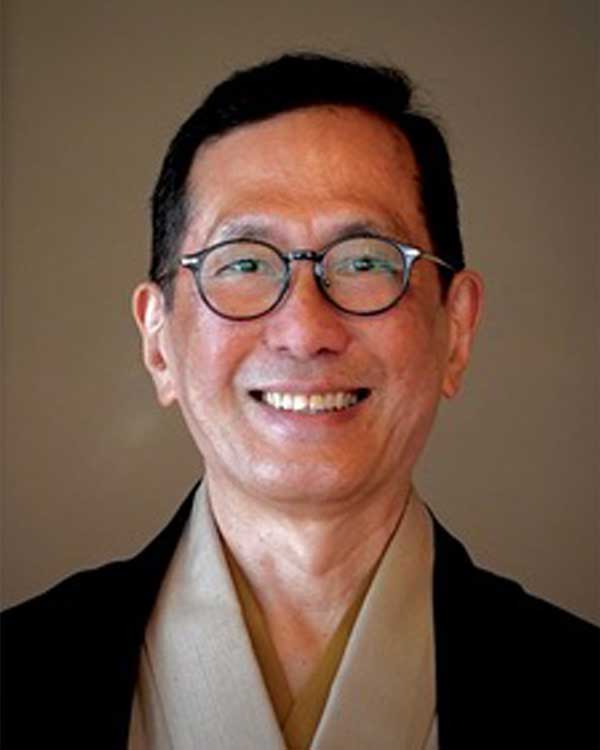
Bruce Hamana
Bruce Sosei Hamana was the director of the Midorikai, the foreign students division of the Urasenke Gakuen Professional College of the Way of Tea from 2003 until 2015. In 2020, he wrote the book 100 Beautiful Words in the Way of Tea and is currently collaborating on a book about the 72 micro-seasons and contributing a chapter on seasonality in chanoyu in a Japanese aesthetics textbook. He has a chanoyu practice for foreign and Japanese students and teaches chanoyu at the secondary and college level.
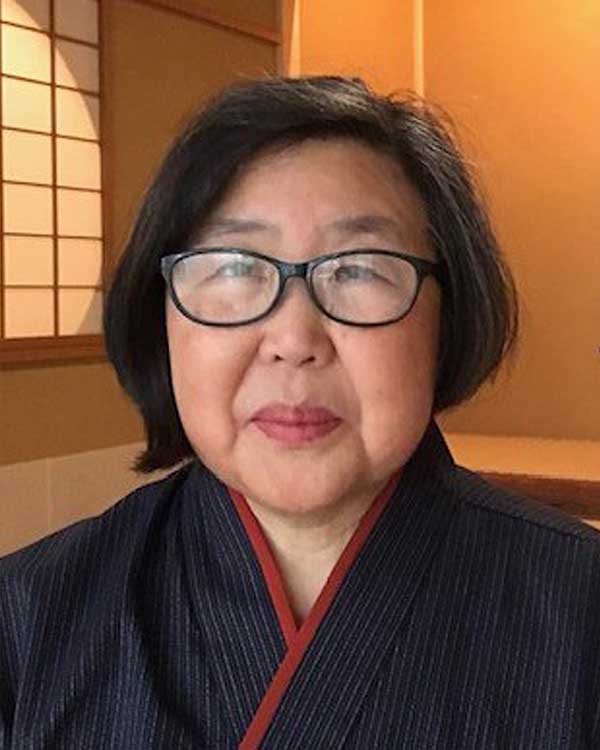
Janet Ikeda
Janet Ikeda is Associate Professor in the Department of East Asian Languages and Literatures at Washington and Lee University. At W&L she began teaching a course on chanoyu in 2002. The Senshin'an tearoom was built in 2006 and named by Sen Genshitsu in 2011. She is working on two translations, an article relating the teaching of tea to museum collections, and has begun a podcast "Wind in the Pod: Through a Tearoom Window." Her primary teaching interests are in language and literature.
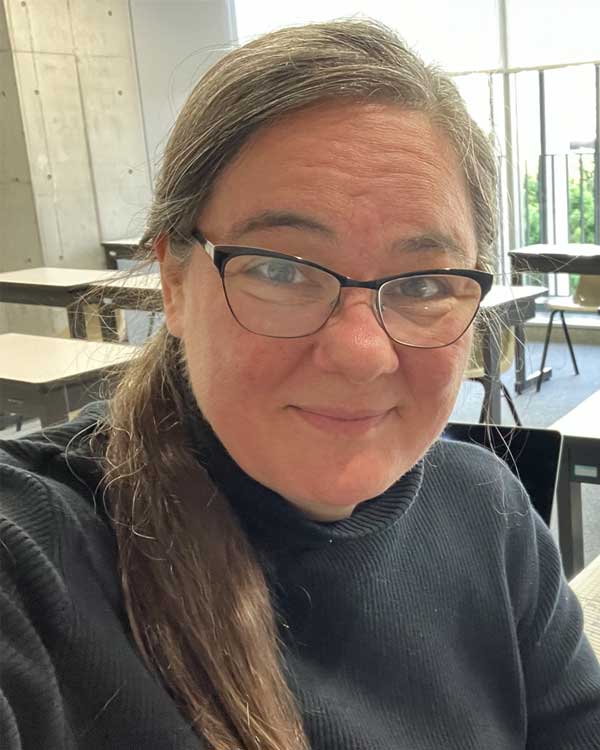
Ruth Lionberger
Ruth (Sōshin) Lionberger has been studying Tea within the Urasenke system since 2000. She offers private lessons/seminars in the Kantō area. For 15 years, she has served as an Assistant Professor of General Studies at Lakeland University-Japan in Tokyo, where she teaches critical thinking and other basic academic classes. Since 2023, she began also teaching a 4-credit class: Chanoyu: The Way of Tea. Ruth holds the Urasenke qualification of first-degree instructor.
Session 4
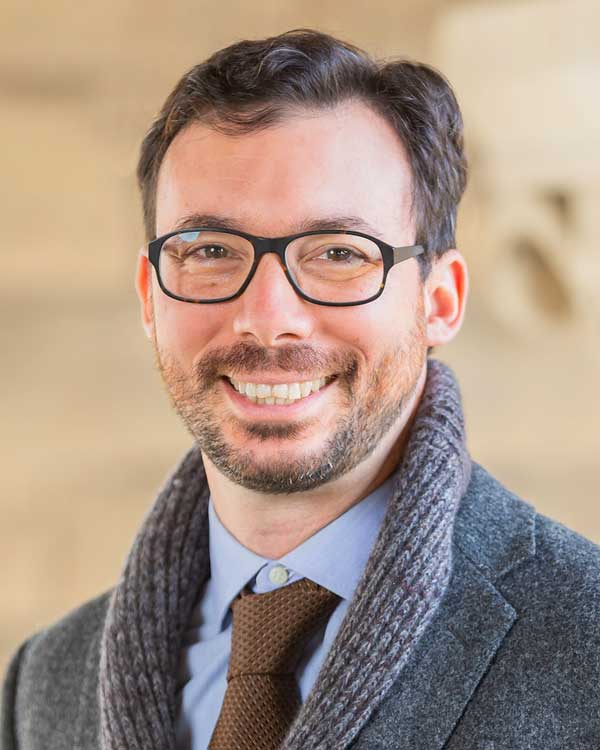
Ariel Stilerman
Ariel Stilerman is Assistant Professor of Premodern Japanese Literature at Stanford. He earned his Ph.D. in Japanese literature from Columbia University and has trained in diverse fields such as the Tea Ceremony, Clinical Psychoanalysis, and Industrial Design. His current project examines medieval illustrated narratives, poetic contests, and encyclopedic works to explore how changes in knowledge, authority, and technology can create opportunities for the construction of new shared cultural networks in the aftermath of natural disasters and social upheaval.
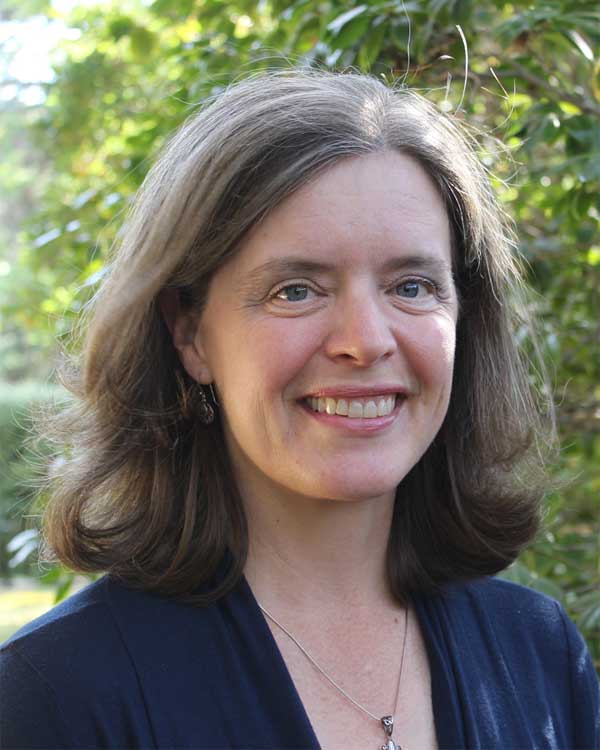
Nancy Hamilton
Nancy Sōkei Hamilton is Lecturer in Stanford University’s Bing Overseas Studies Program. She researches the literary, material, and ethical aspects of tea practice and is author of a forthcoming essay on tea aesthetics entitled, "Chill-ing Out in the Tearoom – Hie, Omokage, and the Subtle Art of Connection in Chanoyu." As an instructor of chanoyu, she has led numerous presentations and workshops for university and secondary students. She holds an MA degree in East Asian Studies from Stanford, where she currently advises Stanford Sadō, a student club dedicated to tea practice.
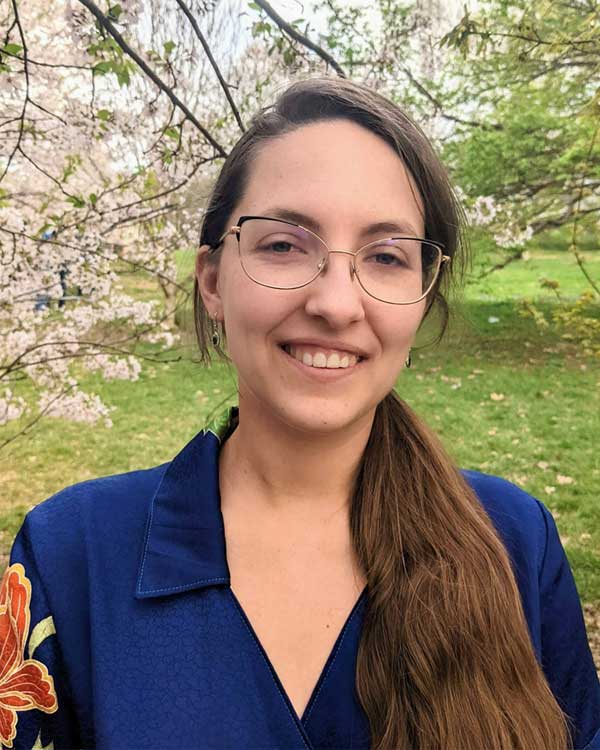
Lindsey Stirek
Lindsey Stirek is a Teaching Assistant Professor of Studio Art and Assistant Director to Japan House at University of Illinois. She teaches courses on manga, anime and Japanese arts. In 2021, Lindsey and her Urasenke teacher, Kimiko Gunji, developed an innovative, interactive eText for Lindsey's online chadō course. Lindsey's current research focuses on how indigenous knowledge and sustainable practices can inform and ground traditional Japanese arts in contemporary and localized contexts.
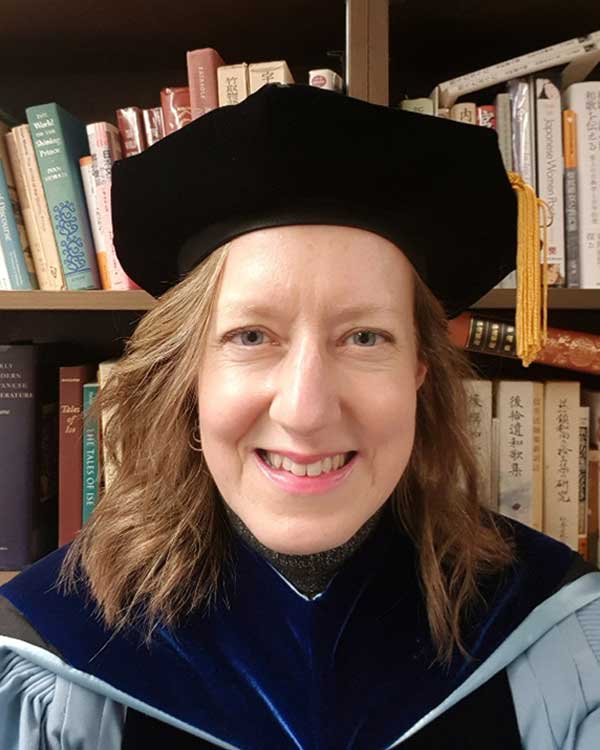
Christina Laffin
Christina Laffin researches and teaches premodern Japanese literature as an associate professor at the University of British Columbia. With a team of graduate students she has co-created the educational video series Exploring Premodern Japan. Her publications include a study of the life and works of the medieval poet and educator Abutsu-ni; a collaborative translation on the role Literary Sinitic poetry and prose played in modern Japanese; and a bilingual collection on the noh play Ominameshi. She is translating a 14th-century letter/career guide for women while learning about ecoculture and narrative.


